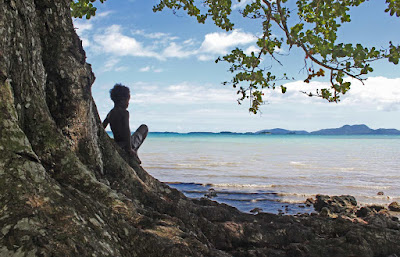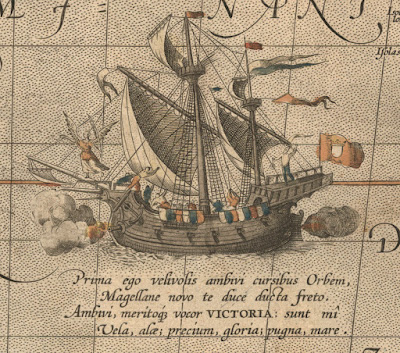IG GA April 2020
As Pandemic Lockdown Continues on Island, Independent Guåhan will focus its April ONLINE General Assembly on the Importance of Sovereignty and honor Chamoru health care pioneer Amanda Guzman Shelton For Immediate Release, April 26, 2020 - Independent Guåhan (IG) invites the public to attend its April General Assembly (GA), which will take place ONLINE through the group’s Facebook page on Thursday, April 30 th from 4:00 – 5:30 pm. The COVID-19 pandemic continues to spread across the world, with to date, more than 2 million sick. From Guam, we have seen a variety of responses to this crisis, from countries that have both effectively combated and contained the virus, and others where the virus has spread and resulted in a significant loss of life. In a crisis such as this, we on Guam are reminded of the importance of sovereignty, or the basic ability to self-govern and seek to dictate our place in the world and relationships to others. As the world waits to see if things






